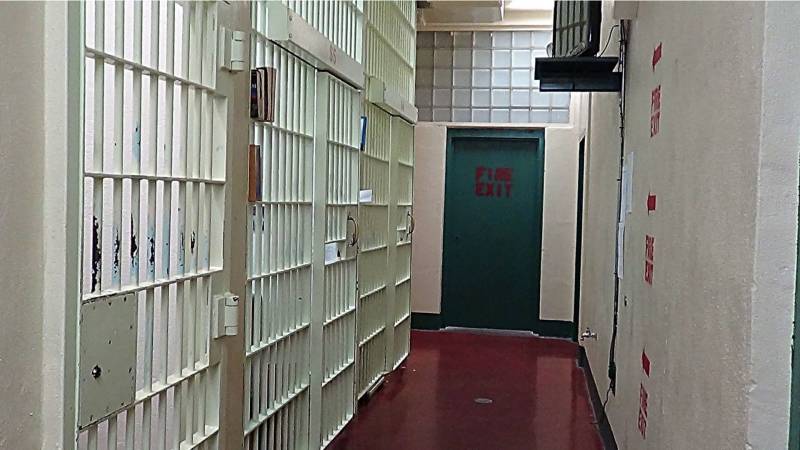They are also requesting a halt to new admissions from other county jails, people who are sometimes housed with ICE detainees.
“We are all scared. Every day we wake up scared thinking that, if one of us gets it, we are all going to get it,” said Eduardo Melendez, 23, who is being held by ICE at the Yuba County Jail. “We might not be able to see our families again.”
At least three staffers at the facility have tested positive for the coronavirus since July, according to court disclosures by ICE officials, said Wells.
A spokeswoman for the Yuba County Sheriff’s Office said she couldn’t confirm whether any employees had been confirmed with COVID-19 because it was a confidential personnel matter.
“The Sheriff’s Department has taken a very proactive approach to mitigation efforts in our Jail related to the pandemic,” said Leslie Carbah, a public information officer with the Sheriff's Office, in a statement. “To date we have not had any County inmates or ICE detainees test positive.”
For most of the pandemic, the Yuba jail continued to receive inmates from state prisons with COVID-19 outbreaks, including two transfers in July from Solano and Pleasant Valley.
But the jail has not accepted any prison transfers this month, and has only taken inmates from other county jails when legally required, Carbah said.
“It is important to know that all new intakes, whether county inmates or detainees, must go through a 14 day quarantine before being housed with the general population,” she said.
The Yuba jail has medical care on-site around the clock, and implements a “thorough daily sanitation and cleaning protocol based on Centers for Disease Control and Prevention guidelines,” she added.

